Increasing number of young people having strokes
One morning, the man (32 years old, living in Ho Chi Minh City) suddenly had a severe headache, felt dizzy and then collapsed.
After being taken to a local hospital for emergency treatment, he was diagnosed with an acute ischemic stroke - a serious event that no one expected to happen to someone so young.
Previously, he had been found to have high blood pressure during a routine health check-up, but did not receive treatment. This negligence caused the brain's blood vessels to be silently damaged until the stroke occurred.
A young man suddenly suffered a stroke after being diagnosed with high blood pressure but not treated for a while (Illustration: iStock).
After his condition stabilized, he was transferred to the University of Medicine and Pharmacy Hospital, Ho Chi Minh City, Campus 3, for further rehabilitation. Upon admission, he suffered from paralysis on the right side of his body for more than two weeks, and was almost completely dependent on his family for his mobility and daily activities.
After a month, he could walk with a cane, his right arm and leg movement improved, but he still needed monitoring and continued treatment.
This is no longer a rare case. Stroke - a disease once considered a "specialty" of the elderly - is gradually becoming a real threat to young people aged 18-45.
Statistics from the World Health Organization (WHO) show that the number of stroke cases in young people has been increasing alarmingly over the past two decades. In Vietnam, the number of stroke cases in people under 45 years old accounts for about 10-15% of the total number of cases each year.
According to Dr. Kieu Xuan Thy, Deputy Head of Facility 3, University of Medicine and Pharmacy Hospital, Ho Chi Minh City, a stroke occurs when a blood vessel in the brain is blocked or ruptured, causing a lack of blood, oxygen and nutrients to brain cells.
Within minutes, the damaged brain area will begin to die if not treated promptly, leading to symptoms such as hemiplegia, mouth distortion, difficulty speaking or even coma.
In particular, the consequences left for young people after a stroke are not only a health burden but also deeply affect their psychology, daily life, ability to work and their long-term future.
Bad habits syndrome is harmful to health
According to Dr. Bui Pham Minh Man, University of Medicine and Pharmacy Hospital, Ho Chi Minh City - Branch 3, work pressure, lack of exercise, fatty diet, staying up late, smoking and alcohol abuse are becoming a dangerous "combo" for brain health.
In urban environments, many young people only focus on work performance and neglect health care. As a result, risk factors such as high blood pressure, dyslipidemia, diabetes, obesity, etc. silently accumulate over time.
"Many young patients do not know they have high blood pressure, or know but subjectively do not treat it. While this is the leading risk factor for stroke, both cerebral ischemia and cerebral hemorrhage," the doctor said.
In addition to lifestyle factors, some underlying diseases such as cerebral vascular malformations, heart disease (atrial fibrillation, heart valve regurgitation), diabetes, dyslipidemia... are also "time bombs" that can cause stroke at any time.
In young people, hemorrhagic stroke is often associated with ruptured aneurysms or vascular malformations - conditions that are rarely detected without careful screening.
In addition, prolonged stress, anxiety, and insomnia are factors that are less commonly considered but are closely related to stroke in young people.
In addition, some specific factors such as regular use of emergency contraceptives, hormonal disorders, or use of stimulants (drugs, electronic cigarettes containing nicotine) can make blood clot easily, causing cerebral vascular occlusion.
Source: https://dantri.com.vn/suc-khoe/canh-bao-dieu-de-bi-bo-qua-dan-den-con-dot-quy-20250512171104096.htm


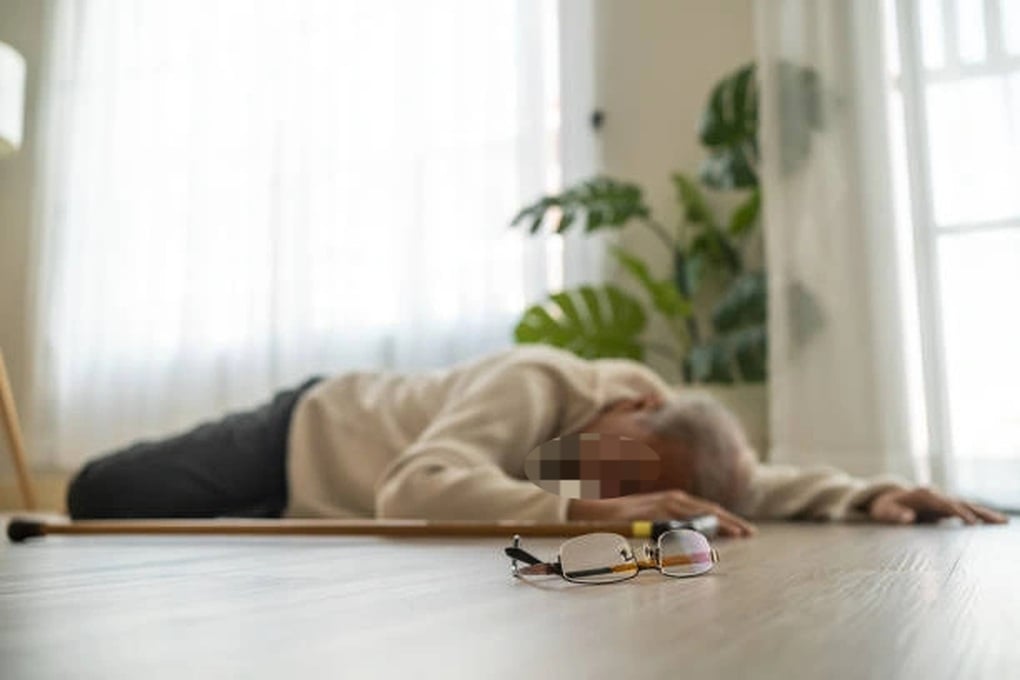
![[Photo] Prime Minister Pham Minh Chinh and Prime Minister of the Kingdom of Thailand Paetongtarn Shinawatra attend the Vietnam-Thailand Business Forum 2025](https://vphoto.vietnam.vn/thumb/1200x675/vietnam/resource/IMAGE/2025/5/16/1cdfce54d25c48a68ae6fb9204f2171a)







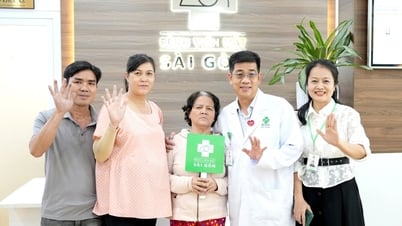
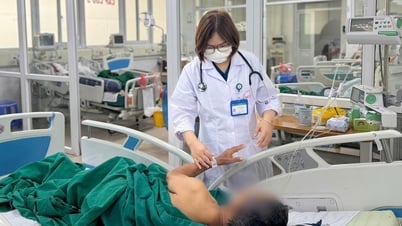

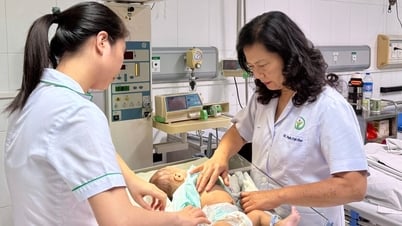
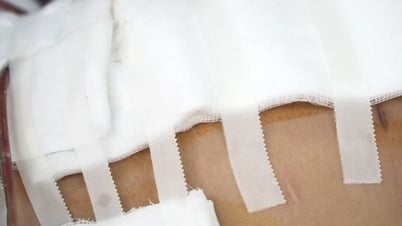





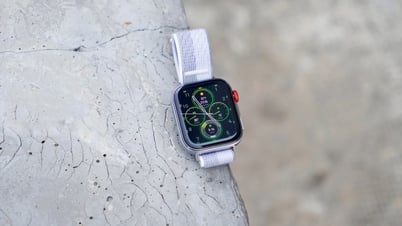




![[Photo] President Luong Cuong receives Prime Minister of the Kingdom of Thailand Paetongtarn Shinawatra](https://vphoto.vietnam.vn/thumb/1200x675/vietnam/resource/IMAGE/2025/5/16/52c73b27198a4e12bd6a903d1c218846)
































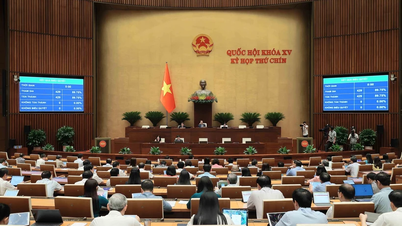






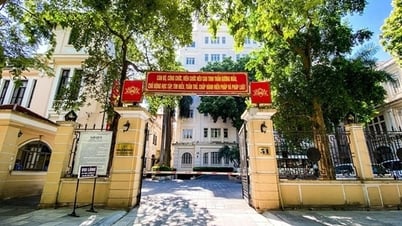









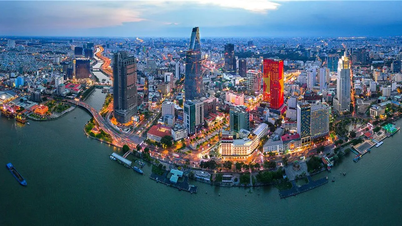














Comment (0)